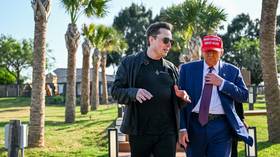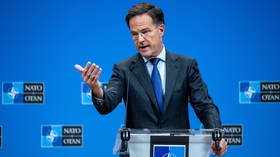UN to clean up its image by reforms
The United Nations has seen its ups and downs over the past sixty years. Reports of corruption, scandals and inefficiency at the organisation have damaged its image. Critics say that as a foundation based on dialogue, diplomacy and compromise, the UN is a
UN expert Benjamin Rivlin says the organisation is not a super government but rather something of a moral authority.
“It provides an area in which nations can meet together and discuss their problems, and iron out their difficulties,” he explained.
The Security Council is the organ of the United Nations charged with the maintenance of international peace and security. It appoints the Secretary-General, and is the only section to make resolutions.
“The UN is a global organisation and it is as we can see the most ‘universal’ organisation. The rule of Security Council is very important, because its decisions are obligatory,” Aleksandr Yakovenko, Russia’s Deputy Foreign Minister said.
Russia, China, Britain, France and the U.S. are all permanent council members. Each permanent member has the power to veto any substantive resolution.
The Council has faced criticism for not being clear and decisive. The veto-wielding members have been blamed as parties are often divided on controversial and critical issues.
“We've had a bureaucratic system that hasn’t evolved as fast as it should have and the Secretary-General has been stressing the fact that the UN needs reforms to be able to adapt itself to what is asked of the UN,” Michel Montaz, a spokesperson for UN Secretary-General, noted.
Founded in 1945, the UN has five administrative bodies and dozens of specialised organisations dealing with issues like atomic energy, agriculture and health.
There are now 192 member states, including almost every recognised independent state.












